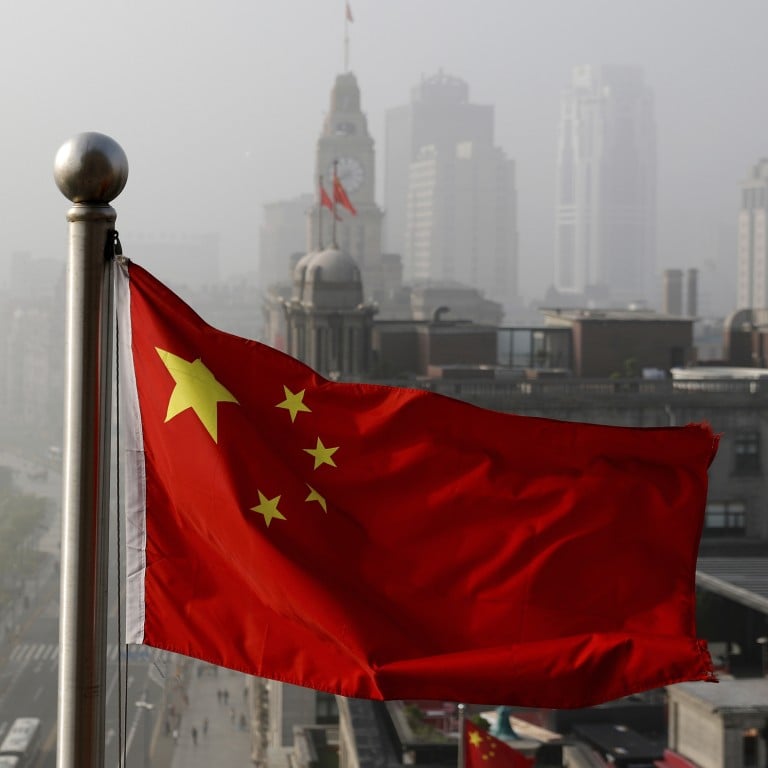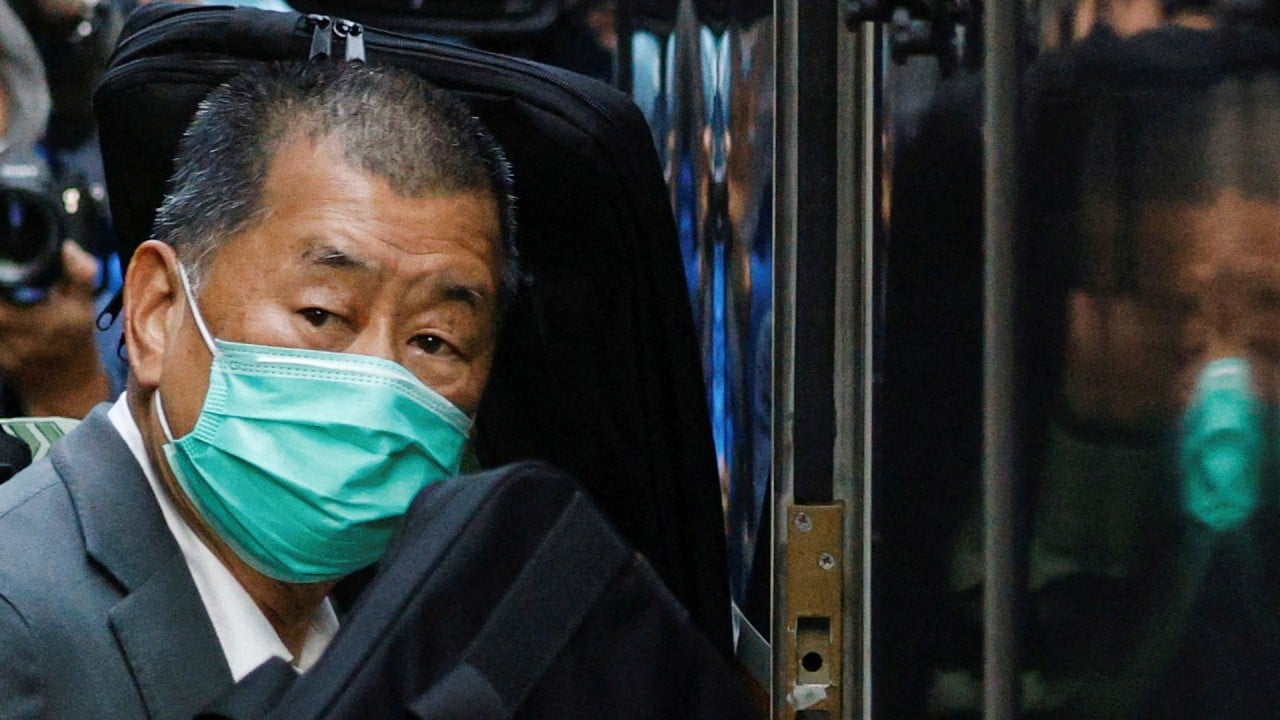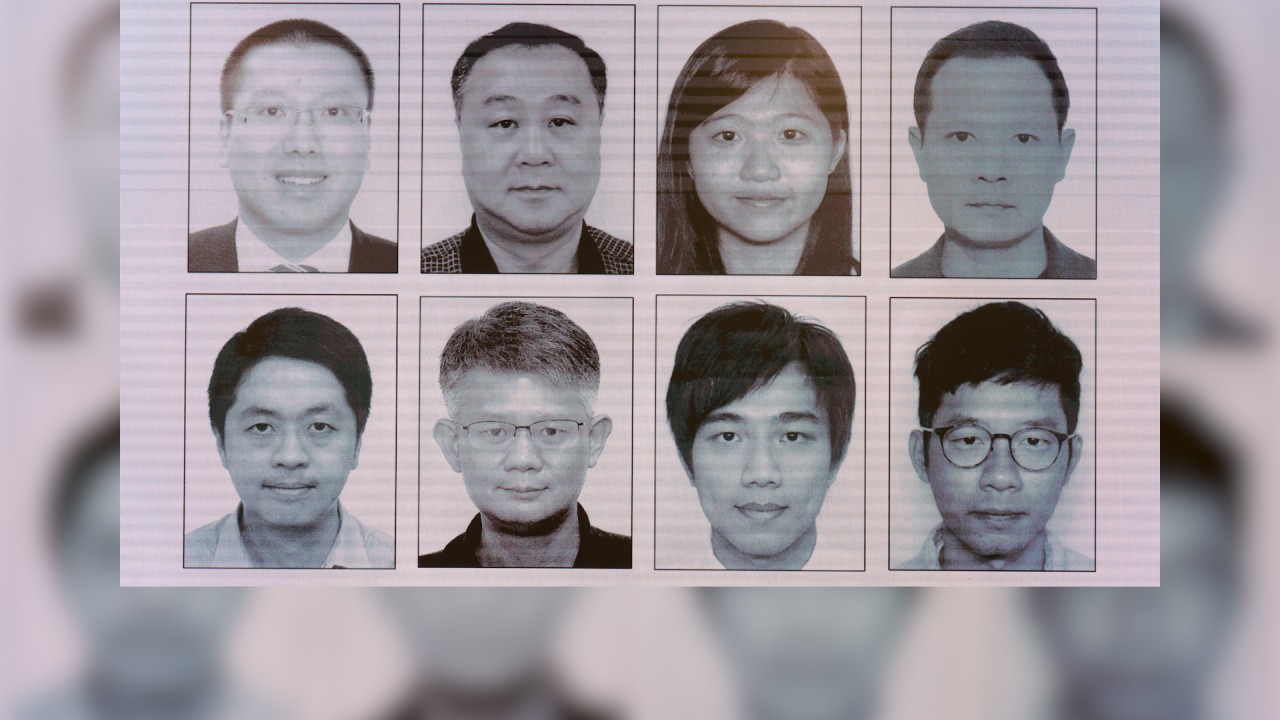
‘China strikes hard at terrorism’: Beijing’s new white paper praises its tough measures in Hong Kong and Xinjiang
- Information Office of the State Council releases white paper titled ‘China’s Legal Framework and Measures for Counterterrorism’
- It says China’s counterterrorism measures guaranteed human rights, citing three unnamed cases in Xinjiang as evidence
The document titled “China’s Legal Framework and Measures for Counterterrorism” was released by the Information Office of the State Council, China’s cabinet, on Tuesday morning.
It said China had long faced the “real threat” of terrorism but had “found a path of law-based counterterrorism that conformed to its realities by establishing a sound legal framework”.
The five-part white paper described how Beijing had confronted terrorism by revising existing laws and regulations and enacting a specialised anti-terrorism law.
Among “other relevant laws”, the white paper said, the Hong Kong national security law “contains provisions on combating crimes of terrorism in the region and defines the relevant penalties”.
The white paper said several regions in China, including Beijing and Shanghai, had enacted their own counterterrorism rules.
It highlighted deradicalisation regulations in the western Xinjiang Uygur autonomous region. The regulations in Xinjiang – which were passed in 2017 and revised in 2018 – listed behaviours deemed to be extremism by the authorities, including growing an “abnormal” beard and wearing a veil.
EU envoy slams China’s ‘national security obsession’, questions growth rebound
The white paper said China’s counterterrorism measures had guaranteed human rights – including personal freedom, the right to a defence and the right to stand trial in the languages of ethic minority groups – citing three unnamed cases in Xinjiang as evidence.
In the document, the State Council accused “some countries” – without naming them – of interfering in the internal affairs of other countries “under the pretext of defending the rule of law and human rights” which it said “severely hampered the global effort to fight against terrorism”.
It said China was “striking hard at unlawful and criminal terrorist activities” and had attached greater importance to the “education and rehabilitation of victims of extremist teachings who have committed only minor offences”, which it said could eliminate the “ideological basis” of terrorism.
The white paper was issued as Beijing continued efforts to bolster its toolkit to fight terrorism and crimes, despite the risk of attracting further criticism.
The anti-terrorism law was then passed in December 2015 and amended in 2018.
China ramps up national security studies amid ‘unprecedented’ external threats
The white paper praised China’s legal system for its clear definitions and penalties for terrorist activities, adding that Beijing’s law enforcement agencies were overseen by the legislature, political advisory bodies and society.
China has strengthened its border controls to stop the flow of terrorists and “effectively curb the spread of terrorism”, measures the white paper said contributed to global security and stability.



